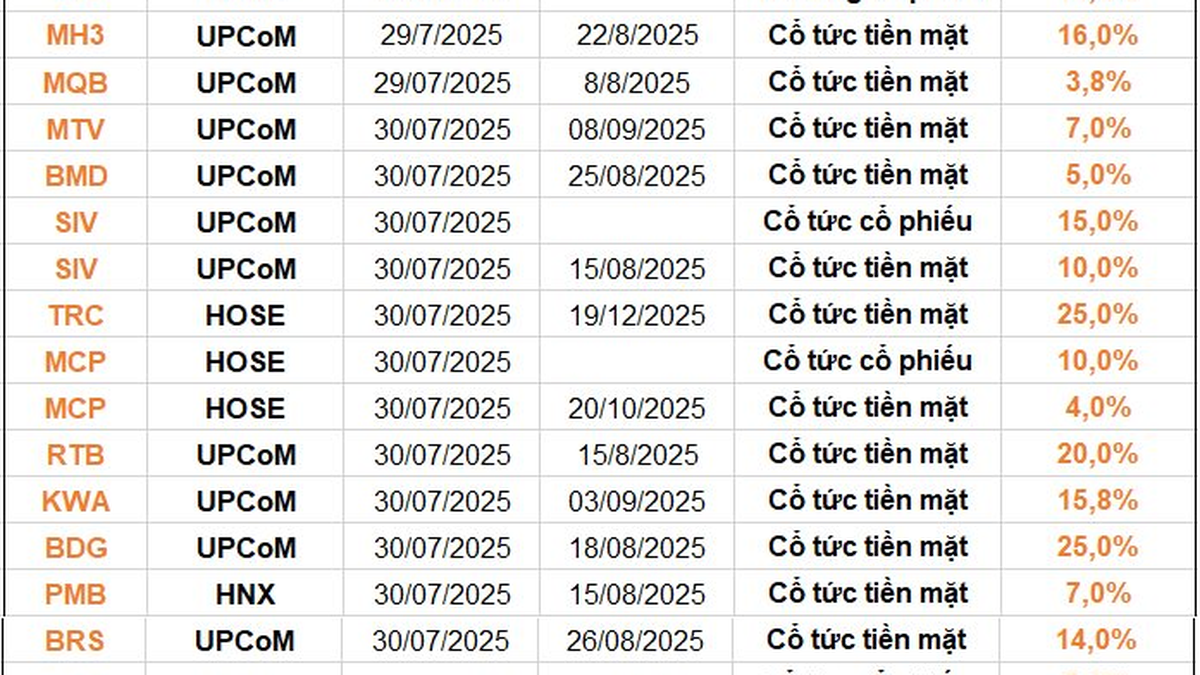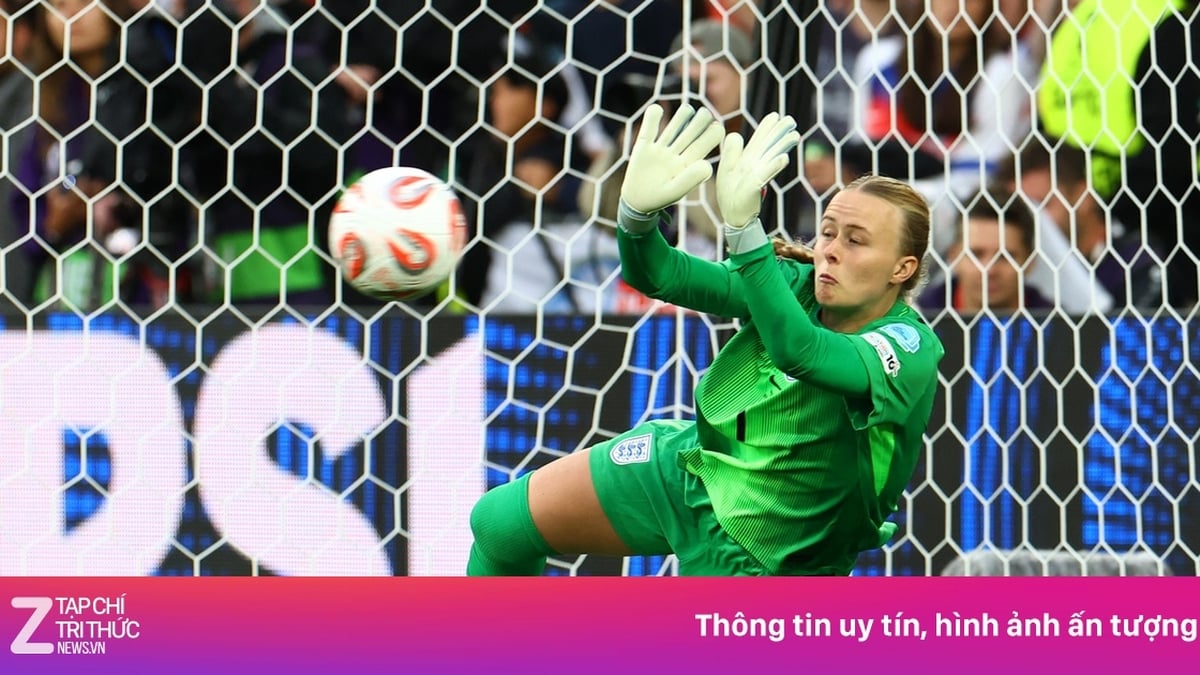The Bank of Japan kept its one-year benchmark interest rate unchanged at -0.1%, weakening the yen against major currencies.
The Japanese yen is currently down 0.1% against the US dollar, at 147.9 yen per dollar, having fallen as much as 0.3% earlier this morning. The Japanese currency is also weaker against the euro and the pound. The euro is now worth 161.3 yen and the pound is worth 188.2 yen, approaching a nine-year high.
The reason is that on January 23, the Bank of Japan (BOJ) decided to keep the 1-year reference interest rate at -0.1% and the 10-year bond yield around 0%.
In its updated economic outlook report, the BOJ lowered its core inflation forecast for fiscal 2024 to 2.4% from 2.8%. However, it revised its forecast for next year's inflation to 1.8% from 1.7%.
"This move suggests that the BOJ will continue monetary easing. One US dollar can be exchanged for 150 yen," said Hirofumi Suzuki, a foreign exchange strategist at SMBC. The interest rate differential between Japan and the US has weakened the Japanese yen over the past year.
The market had previously predicted that the BOJ could end its negative interest rate policy this month. However, the strong earthquakes earlier this year, along with Governor Kazuo Ueda's dovish remarks, have dashed those expectations.
"Currently, most analysts expect the BOJ to abandon negative interest rates at its April meeting, after employers and unions complete wage negotiations," said Joy Yang, director of Asian economics research at Point72.
Inflation in Japan has been running above the BOJ's 2% target for more than a year. Last year, Japan's core consumer price index (CPI) rose 3.1% - a 41-year high.
Still, December figures showed inflation slowing. "The question now is whether consumption can pick up the pace to keep prices rising. Weak consumption will drag down inflation, making it harder to maintain the 2% target this year," said Yoshiki Shinke, an economist at Dai-ichi Life Research Institute.
Ha Thu (according to Reuters)
Source link



































































































Comment (0)